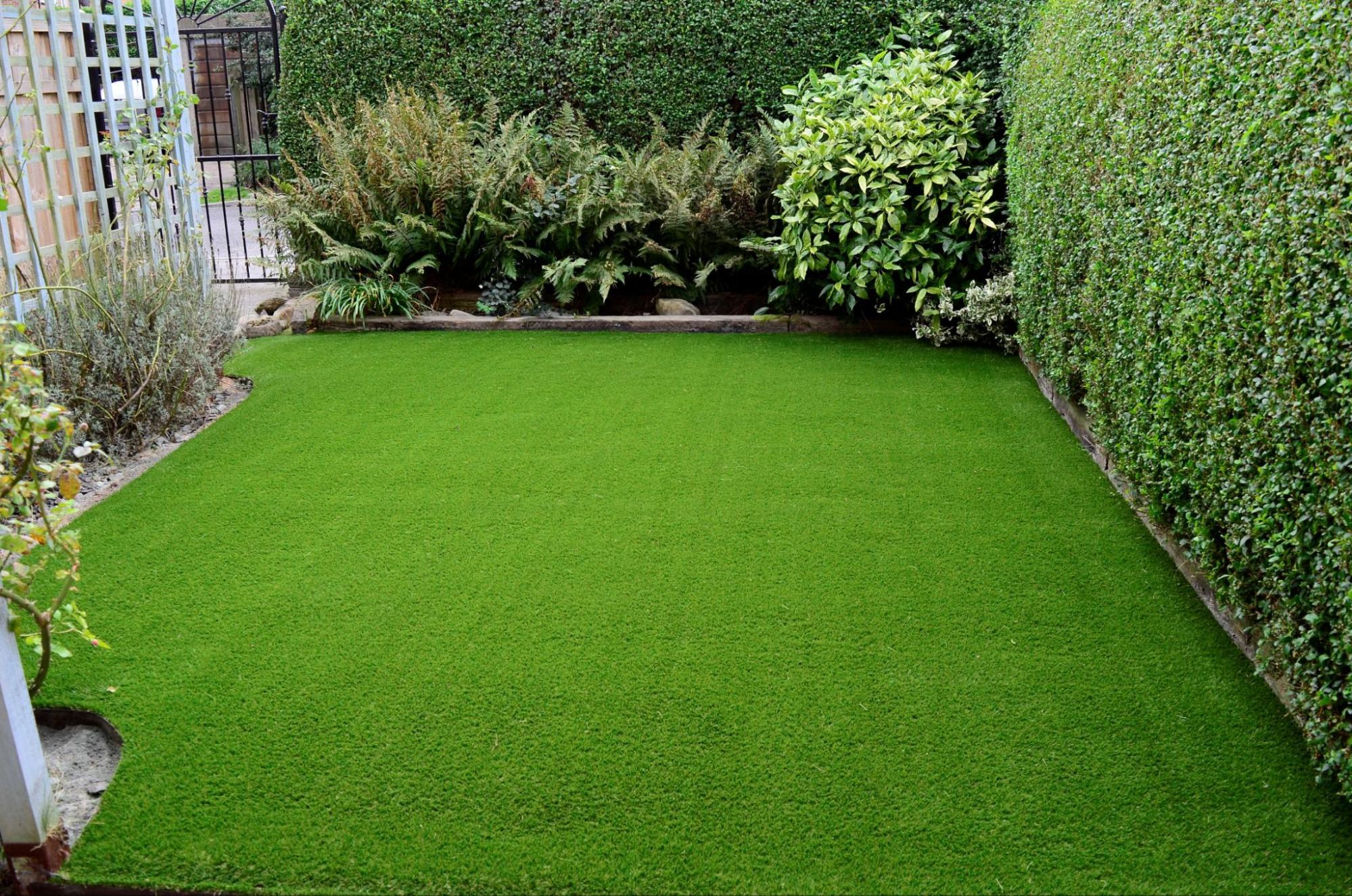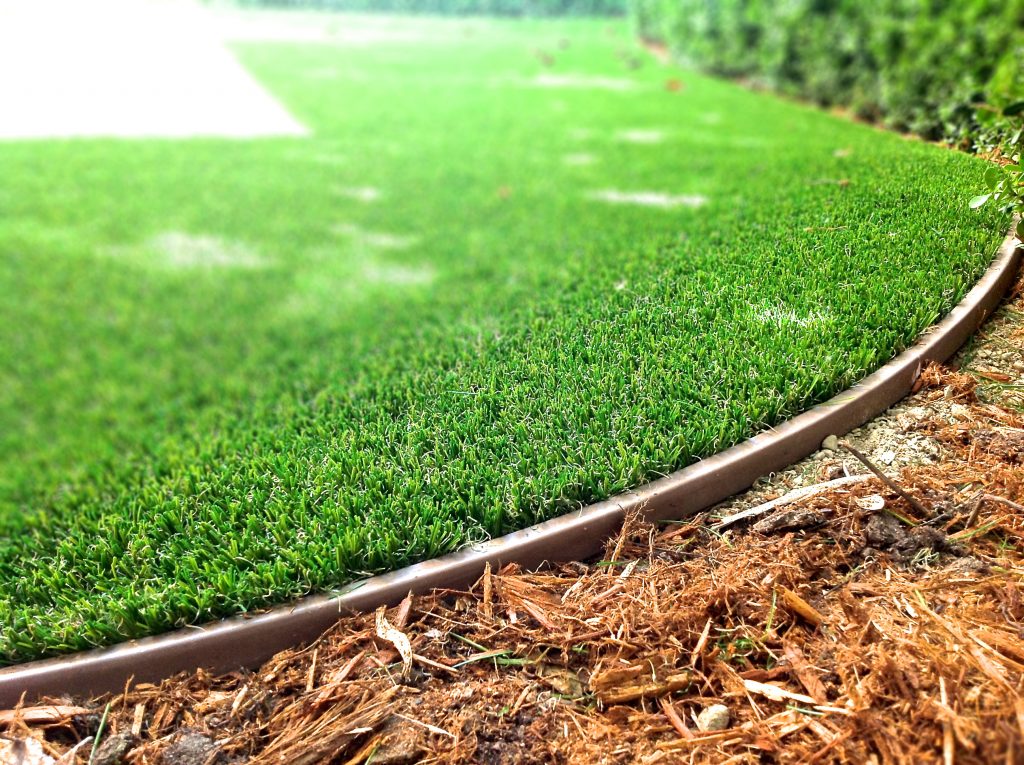Select Reputable Artificial Turf Companies Phoenix for Durable and Realistic Grass
Select Reputable Artificial Turf Companies Phoenix for Durable and Realistic Grass
Blog Article
Explore the Environmental Advantages of Opting for Artificial Lawn Solutions
The fostering of man-made turf solutions provides an engaging chance to deal with pressing ecological difficulties. By dramatically reducing water usage and decreasing the application of damaging chemicals, these options not just advertise sustainable landscape design however additionally safeguard local ecosystems. Moreover, the reduced carbon impact related to lowered maintenance tasks contributes to an extra sustainable strategy to land monitoring. The ramifications of these advantages prolong past mere preservation initiatives, elevating inquiries about their lasting effect on habitat preservation and total ecological balance. Discovering these dimensions discloses a complicated interaction worth considering.
Water Preservation Conveniences
One of the most significant advantages of artificial grass is its capacity to save water. In contrast, artificial turf does not need watering, substantially decreasing the total demand for water sources.
By eliminating the demand for normal watering, synthetic grass contributes to lasting landscape practices and aids reduce the ecological influence of excessive water intake. Furthermore, the conservation of water encompasses the decrease of runoff, which can cause dirt erosion and waterway pollution.
In addition, the installment of synthetic turf permits property owners and districts to assign water sources extra efficiently, concentrating on vital usages such as alcohol consumption water and agriculture. The change in the direction of man-made lawn not just promotes liable water use however also straightens with more comprehensive ecological goals targeted at preserving all-natural sources.
As neighborhoods increasingly focus on sustainability, the water conservation advantages of synthetic grass provide an engaging instance for its fostering in business and property landscape design tasks.
Decreased Chemical Usage
The shift to artificial grass dramatically lowers the reliance on chemical treatments typically made use of in natural yard maintenance. Conventional grass monitoring usually involves the application of chemicals, fertilizers, and herbicides to advertise development and control parasites. These chemicals can position risks to human health and wellness, neighborhood wild animals, and the atmosphere, adding to dirt and water contamination.
In comparison, artificial lawn removes the need for these hazardous materials. By decreasing the launch of artificial compounds right into the ecosystem, artificial lawn advertises much healthier soil and water systems.
Additionally, the absence of chemical drainage related to man-made grass installments assists safeguard local rivers from pollution, supporting water life and preserving biodiversity. Arizona artificial turf. As areas increasingly focus on lasting techniques, selecting synthetic grass provides a viable service that straightens with environmental conservation goals. Via this shift, homeowner can delight in rich eco-friendly spaces without endangering environmental wellness, leading the method for a more lasting future
Lower Carbon Footprint

Furthermore, the setup of synthetic grass can lead to significant water preservation. Natural yards need considerable amounts of water for irrigation, which not only adds to the carbon footprint linked with water extraction and therapy but additionally strains regional water resources. On the other hand, synthetic lawn requires marginal upkeep, calling for no watering, therefore significantly minimizing water use and its connected energy expenses.
In addition, the durability of synthetic turf adds to its reduced carbon impact. With a life expectancy of approximately 15 years or more, the demand for frequent replacements is lessened, causing less waste and lower power usage in manufacturing and throwing away typical turf alternatives. On the whole, synthetic grass presents a lasting alternative for eco aware landscape content design.
Habitat Preservation
Habitat preservation is an essential consideration in the dispute over landscape design options, specifically when contrasting synthetic grass to natural grass. Natural turf yards typically call for substantial upkeep, including making use of chemicals, fertilizers, visit homepage and herbicides, which can detrimentally affect regional ecological communities. These chemicals can seep into the soil and rivers, hurting indigenous plants and fauna and interfering with regional environments.
Fabricated turf gets rid of the demand for unsafe chemicals, thereby safeguarding nearby wildlife and preserving the stability of bordering ecosystems. The installment of synthetic lawn can lead to the conversion of previous grass areas right into more biodiverse landscapes, such as pollinator gardens or indigenous plant locations, which can sustain neighborhood wild animals.
Eventually, the transition to synthetic grass not only conserves water and decreases maintenance initiatives yet likewise promotes a more unified connection between human activities and the natural surroundings, promoting environment preservation at the same time.
Long-Term Sustainability
Long-term sustainability is a critical consider assessing the benefits of synthetic grass over conventional turf lawns. One of one of the most substantial benefits of fabricated turf is its durability; it can last up to 15-20 years with marginal upkeep, whereas natural turf needs regular reseeding and replacement. This durability lowers the demand for continuous resources, such as water, plant foods, and pesticides, which are essential for keeping a healthy and balanced grass lawn.
In addition, fabricated grass adds to a reduction in carbon emissions related to lawn treatment devices. Conventional lawns usually call for gas-powered mowers, trimmers, and blowers, every one of which add to air pollution. Artificial turf companies phoenix. In contrast, synthetic lawn removes the need for such tools, advertising a cleaner setting
Moreover, the manufacturing of man-made grass progressively utilizes recycled products, enhancing its sustainability profile. As suppliers adopt environment-friendly practices, the environmental impact of man-made additional info turf remains to reduce.

Conclusion
The fostering of synthetic lawn solutions provides significant environmental advantages, including substantial water preservation, reduced dependence on hazardous chemicals, and a lower carbon impact. Additionally, synthetic grass help in preserving natural environments by decreasing land disturbance and promoting long-term sustainability through using resilient materials. Collectively, these aspects underscore the possibility of synthetic grass to contribute positively to ecological health and provide a practical alternative to standard landscape design methods in an increasingly resource-conscious world.
In contrast, artificial grass does not require watering, significantly minimizing the overall demand for water resources. By reducing the release of artificial substances right into the ecosystem, synthetic grass promotes much healthier soil and water systems.
Moreover, the installation of artificial lawn can result in substantial water conservation. In contrast, man-made grass requires very little upkeep, requiring no watering, thus considerably lowering water usage and its connected power prices.

Report this page